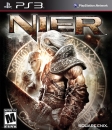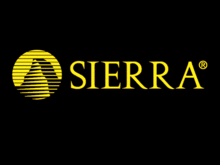Microsoft has won an important ruling in its patent battle with Motorola.
U.S. District Court Judge James Robart last week ruled that Motorola could not ban the sale of Microsoft products that the mobile maker alleges violate its H.264 patents. The ruling means that the Xbox and Windows, along with other Microsoft products, won't be banned from sale in the U.S. The ruling also blocks Motorola from banning Microsoft product sales in Germany.
Computerworld previously reported on the ruling.
Microsoft and Motorola are embroiled in a legal spat around the world over the software giant's alleged use of Motorola industry-standard H.264 patents in its many products. Motorola has argued that Microsoft has used the technology illegally and should have its products banned until it licenses them. Microsoft, however, has said that it would be willing to pay a royalty, but wants Motorola to uphold fair, reasonable, and nondiscriminatory terms.
What's fair and reasonable, of course, is up for debate. Motorola says that Microsoft should pay $4 billion for the use of its technology, applying a 2.25 percent royalty based on product price. Microsoft has said that figure is too high.
Judge Robart's ruling, which was announced Friday, is not the final say on the matter. Both companies wrapped up oral arguments in their trial last month and the judge is not expected to render a final decision until the spring. At that time, he could decide the terms of licensing and what a reasonable royalty rate might be.
Motorola previously won an infringement case against Microsoft in Germany that could have allowed the Google-owned company to ban Microsoft products from sale. However, that possibility was held up until U.S. courts could decide on the matter. With Robart's latest ruling, the block on any injunction continues to be upheld.
CNET has contacted both Motorola and Microsoft for comment on the ruling. We will update this story when we have more information.
[SOURCE]























































